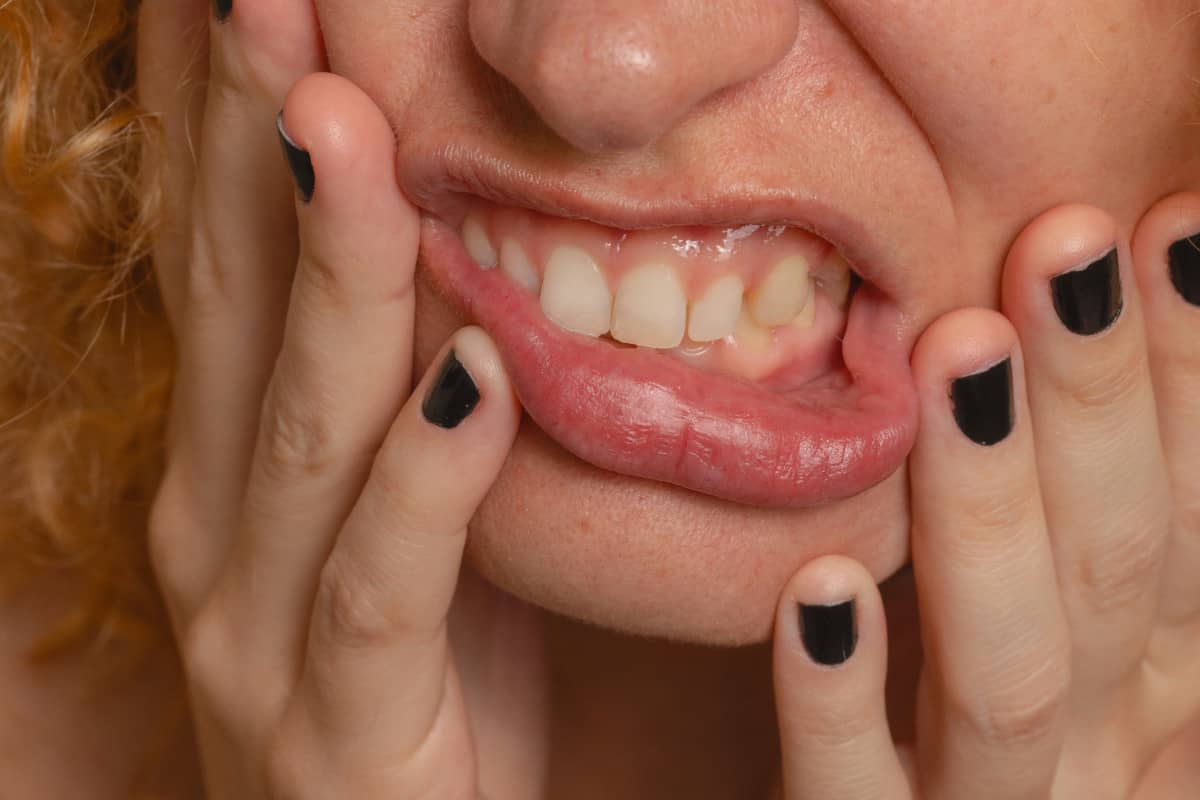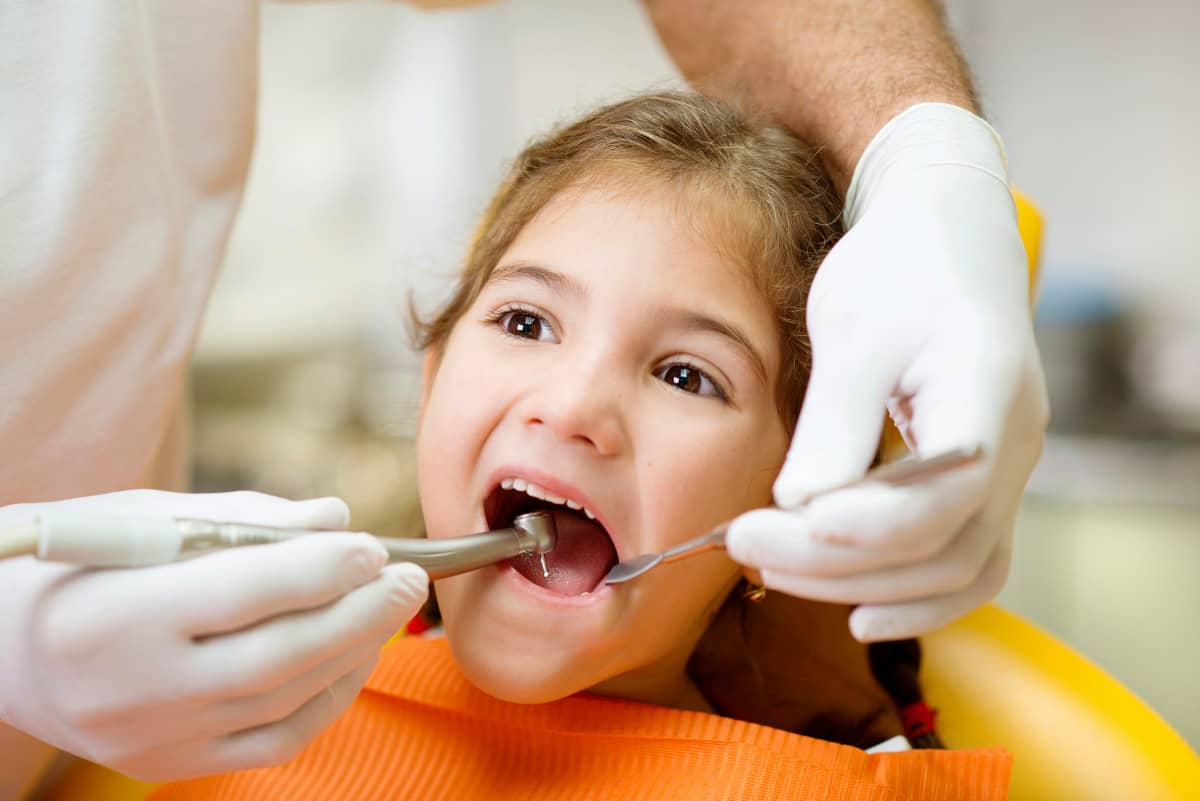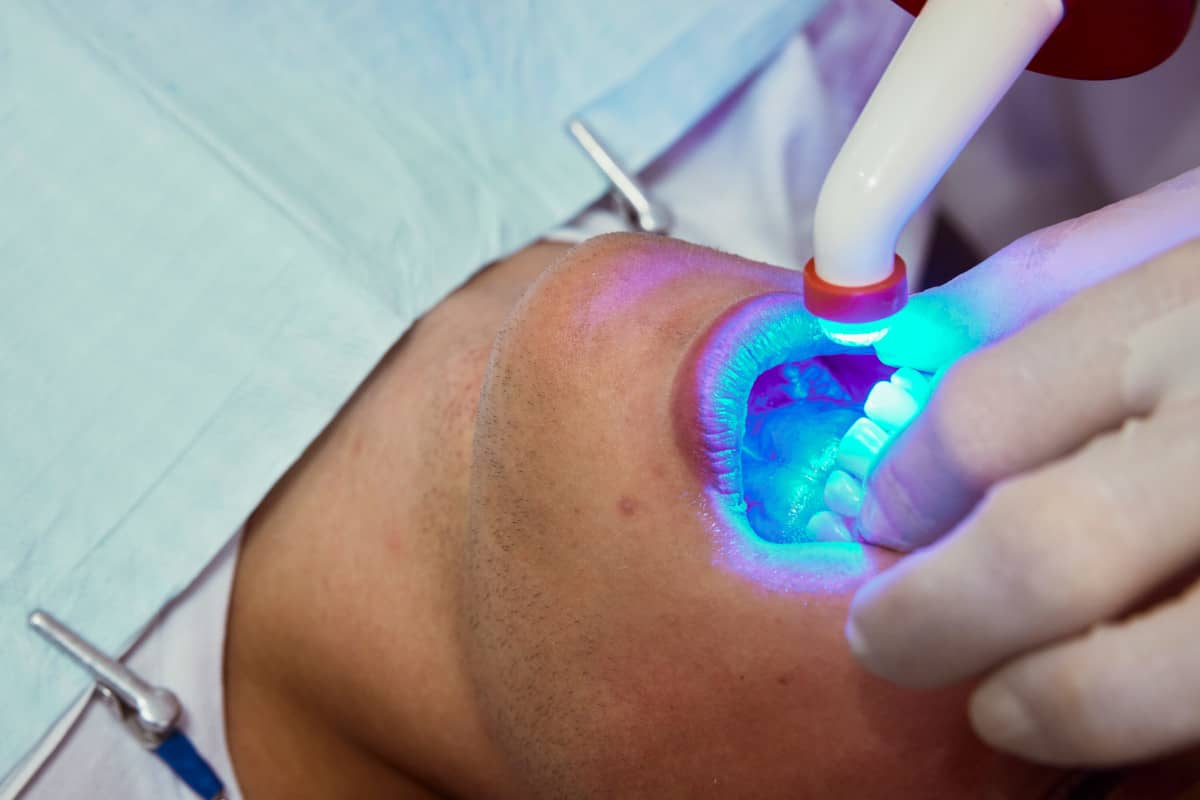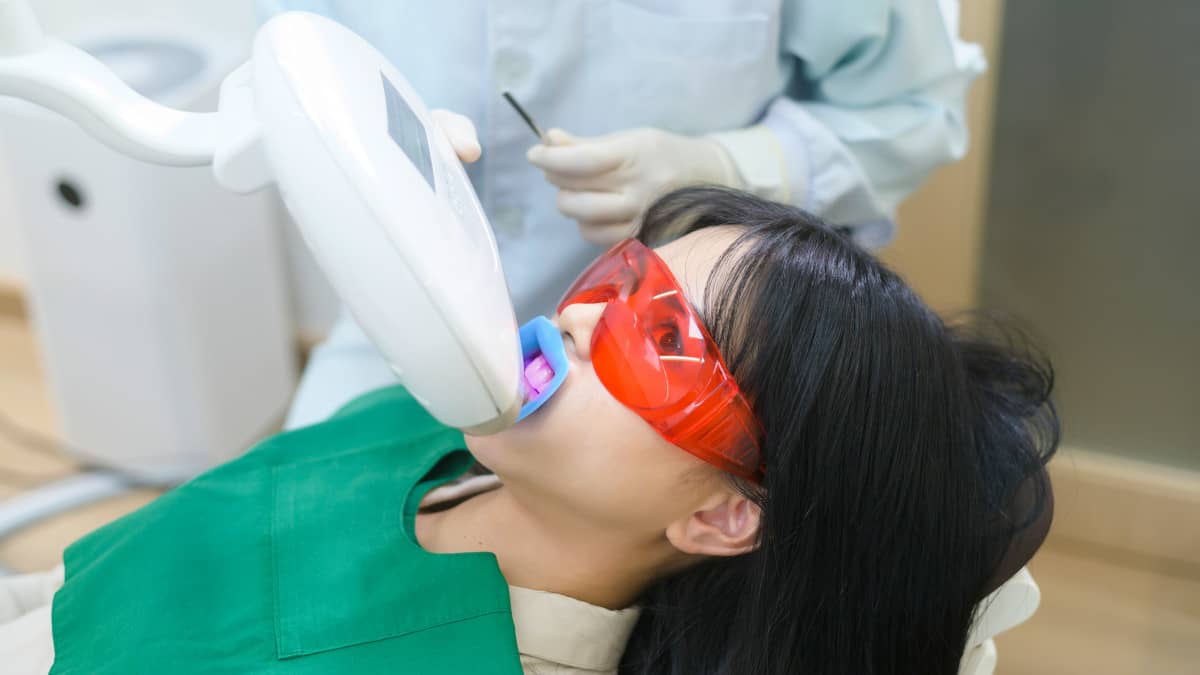Gingival alterations in pregnancy

From the second month of pregnancy, a series of hormones (oestrogens and progestogens) are secreted that modify the gum environment, facilitating an increase in inflammation with greater bleeding, reddening and an increase in the thickness of the tissues surrounding the tooth.
This condition is called gestational gingivitis and occurs in two out of every three women.
Pregnancy by itself does not cause gingivitis. However, approximately 50% of women before pregnancy may suffer a worsening of their periodontal health during pregnancy and may even develop periodontitis.
 Negative consequences of lack of periodontal care:
Negative consequences of lack of periodontal care:
What is beyond doubt is that inadequate oral health in the mother can be related to problems in the foetus, such as premature delivery, low birth weight and increased risk of pre-eclampsia in the pregnant woman.
Pay attention to the warning signs of pregnancy:
The following signs, symptoms or diseases need to be monitored and if necessary treated as early as possible:
*Periodontal disease.
*Caries.
*Tooth mobility.
*Epulis in pregnancy (which forms on the gums or in the soft part of the mouth).
*Dental erosion
*Xerostomia (dry mouth).
*Halitosis (bad breath)




